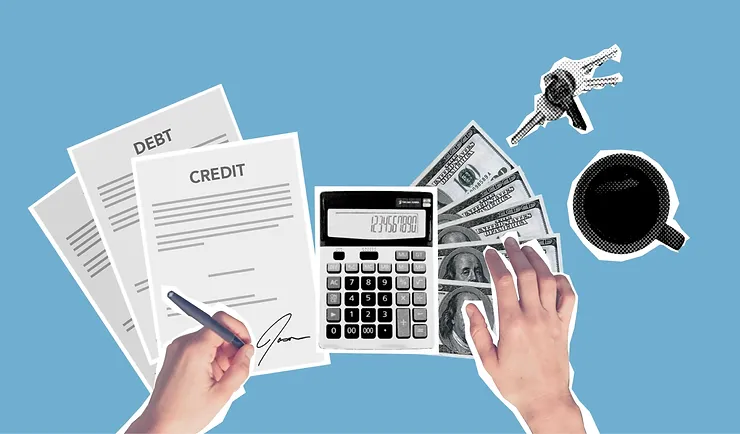With President Biden’s recent student debt relief announcement, there are many questions surrounding qualifications for borrowers. Evidently, there were some people excluded from the pause on payments beginning at the start of the pandemic.
Many of these borrowers are those who hold a subset of federal student loans under the Federal Family Education Loans program. The FFEL program was eliminated in 2010 after lawmakers concluded that it would be cheaper and simpler to directly lend to students.
The loans under this program were guaranteed by the government but owned by private companies, which excluded them from the pause on payments. With concern over these borrowers being left out again, the Department of Education is trying to find ways to include these borrowers into debt forgiveness.
Nearly 10 million people still hold FFEL loans. Half of these loans are with the U.S. Department of Education and half are with Commercial Lenders. The government now holds half of these loans for two reasons: 1) defaulting loans are transferred from private companies to a guarantee agency that services the debt on behalf of the federal government and 2) the government brought back some of the loans during the 2008 credit crisis. Those under this jurisdiction have qualified for the pandemic payment pause and recent loan forgiveness.
For those estimated 5 million borrowers still holding a commercially owned FFEL loan, the future is more uncertain. The Department of Education said it will work with private lenders to ensure commercially held federal borrowers can benefit from the cancellation plan. According to the department, borrowers will have more than a year to apply once the application is available.
While this is happening, there are decisions you can make as a borrower with this type of loan. Consolidating your loans is one option. The reason you may want to consider this is because under Biden’s plan, consolidated loans disbursed after June 30 are still covered if the underlying debt was originated on or before that date.
Consolidation also grants eligibility for the Income Driven Repayment account adjustment that grants a one-time retroactive credit toward loan forgiveness as well as opens the opportunity for the PSLF program’s temporary expansion.
Call your loan servicer to find out if you can consolidate your loans into the Direct Loan Program so you can benefit from cancellation. There is no deadline currently, but this is expected to change. You can also consolidate directly on the Federal Student Aid website.
Keep in mind, there are risks and rewards to debt consolidation. Consolidation can result in a higher interest rate on your loans. Additionally, any uncapitalized interest on your loans is added to the balance owed after consolidation.
Sources:
4946426NC_Sep24
